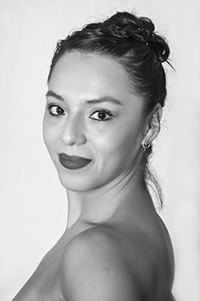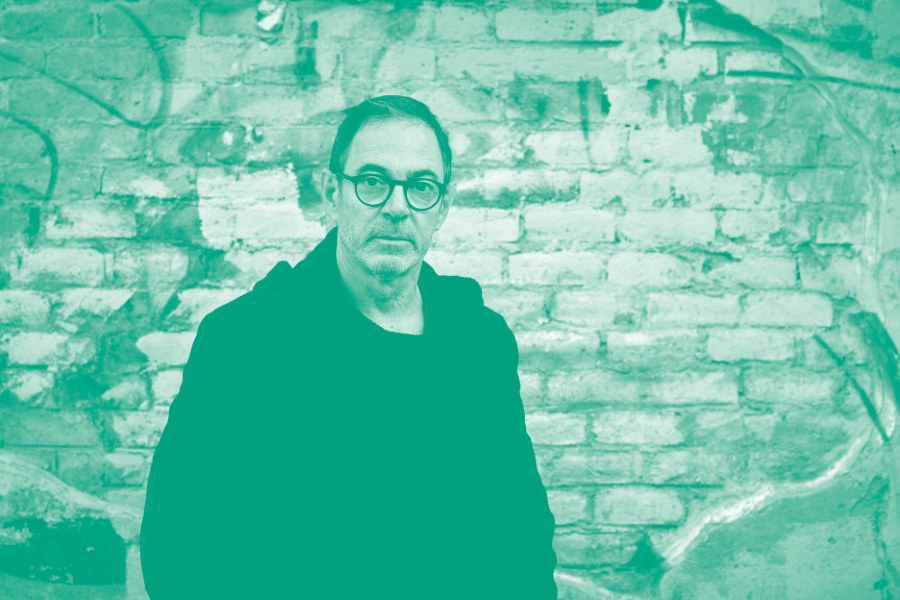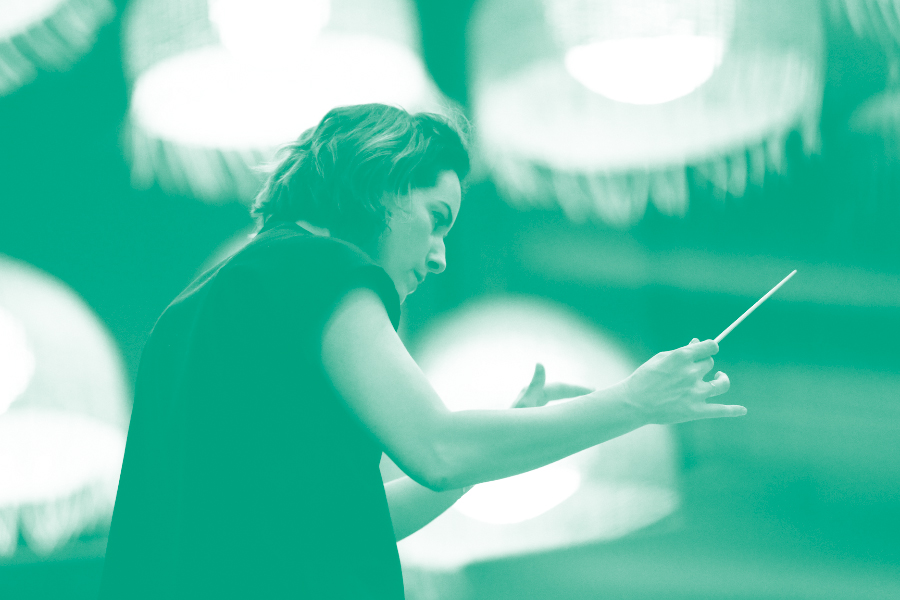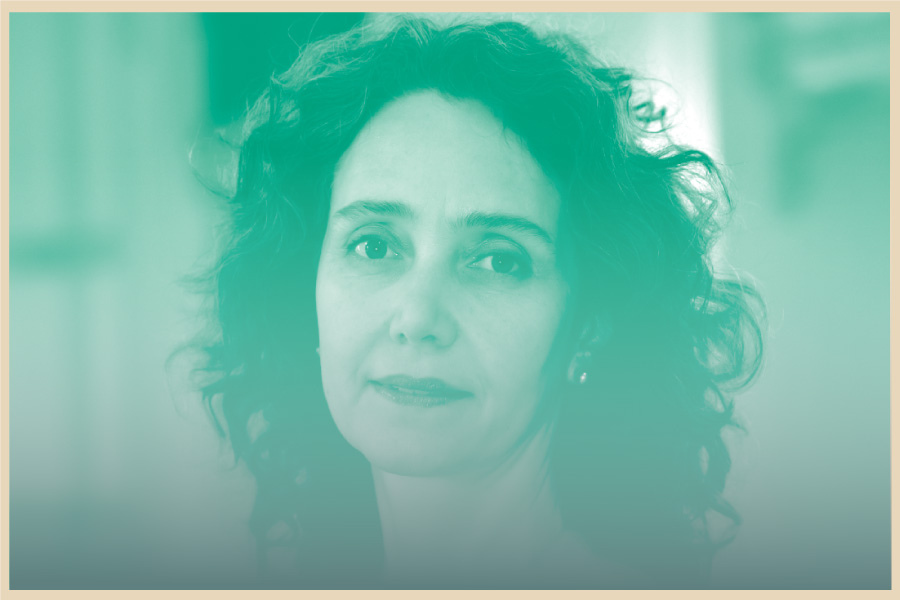Gema Nataly Contreras: “Es difícil liberarse de prejuicios sutiles»

En el mes de la mujer, OLA realizó entrevistas a diferentes gestoras, profesionales y artistas para saber su punto de vista con respecto al rol de la mujer dentro del sector cultural. Gema Nataly Contreras, intérprete del Ballet Nacional Chileno (BANCH), fue una de ellas. La licenciada en Danza con mención en Pedagogía de la U. Academia de Humanismo Cristiano, también es performer, docente y coreógrafa independiente. Esta artista ha desarrollado una carrera como bailarina profesional en la Compañía Danza Espiral, Compañía Danza en Cruz, Ballet Municipal de La Florida BAM, José Vidal & Cía, Joel Inzunza & Compañía.
Como docente ha colaborado en carreras universitarias de danza y teatro, algunas de ellas son la Universidad Academia de Humanismo Cristiano (donde estudió su profesión), la Escuela Moderna de Música, la Escuela de Teatro Imagen Gustavo Meza y el Teatro Escuela. En el BANCH también se ha desenvuelto como docente representando a la compañía en espacios como en la Escuela de Temporada de la Universidad de Chile. Y como si fuera poco, ha sido parte del programa de formación juvenil ¡Puedes Bailar! de la Fundación Mustakis junto a Teatro del Lago, con los directores Paola Moret y Cristian Contreras.
En su calidad de directora y coreógrafa ha desarrollado su trabajo en temporadas de Laboratorio BANCH con la coreografía «BOTAR»; en compañías de danza emergente como 8vo Movimiento con las obras Extractos de Obras de no Existen y We out here e interpretando y co-creando la obra Bell Cross, dirigida por el director de la Compañía Teatro del Antagonista y Teatro Escuela Manuel Morgado. Actualmente, Gema es parte de la compañía de teatro Niña Imaginaria dirigida por Diana Fraczinet.

CC: CEAC UChile 2018
Ya te contamos un poco sobre su trayectoria profesional, ahora entérate más sobre su rol como bailarina y mujer en el mundo de la cultura:
¿De qué manera las mujeres se han abierto espacio en los teatros?
Primero, pienso que las mujeres han abierto y exigido al mundo el espacio que nos corresponde, sin un afán de guerra – cómo sienten algunos- simplemente desde un justo propósito: Igualdad.
Desde mi vereda como artista escénica, ligada al cuerpo y al movimiento, siento que el poder femenino es un aporte principalmente de profesionalismo en cuanto a: liderazgo, competencia y sensibilidad en los espacios donde se fomenta, impulsa y desarrolla el arte en general: teatros, espacios culturales, academias, universidades, entre otros.
¿Qué queda aún por hacer?
Si bien las mujeres hemos sabido empoderarnos cada vez más de nuestros espacios tanto personales como laborales, desde la fortaleza y sensibilidad femenina, aún quedan muchos de los peores fantasmas sociales, alimentados desde ideas patriarcales, machistas, binarias y heteronormadas -por decir algunas-, para/con nosotras. Un simple ejemplo: femicidios.
Si respondo a esta inquietud desde mi oficio ligado al movimiento y la danza, aún es difícil liberarse de prejuicios sutiles, como por ejemplo, que lugares de dirección, coreografía y maestría son espacios netamente masculinos, respondiendo el lugar femenino sólo a la interpretación o simple inspiración, como los es el rol de musa.
¿Cuáles son las dificultades y desafíos de tu cargo?
Creo que los desafíos para todo lo que me compete, tanto en el plano personal como en el profesional, implica y se justifica en el siguiente orden: Mujer-Artista-Bailarina. Lo señalo ya que es una manera en la que me permito describir, por ejemplo, cuando te preguntan: ¿qué eres tú?). Responder a esa pregunta con esa descripción – en un país como Chile- es muy complejo.
En general, pienso que las mujeres constantemente tenemos que estar demostrando y recalcando nuestras capacidades y competencias, siento que es innato en nosotras afirmar y reafirmar que “somos capaces”, una especie de justificación por nuestras propias inseguridades o las que la sociedad nos ha instalado.
En particular, siento que uno de los desafíos más complejos que me ha tocado abordar como bailarina es poder salir y liberarme de cánones establecidos de cómo debe verse, comportarse, y danzar una bailarina; sobre todo hablando desde lugares estéticos. Un ejemplo concreto a esta idea: es el liberarse de tu «doncella» interna. Es simplemente entender que tienes un cuerpo latinoamericano, que tu energía puede ser tanto femenina como masculina y ¡eso no tiene nada de malo!, pues tus raíces y esencia te hacen única y esa es la mayor fortaleza como artista. Es liberarse de la idea de ser «rescatada· en todo sentido y aprender a salvarse una misma… ¡porque se puede! Uno puede ser suficientemente talentosa, líder, creativa y profesional.
Mi mayor desafío es desprenderme de ideas como: «quiero ser una linda bailarina« para entrar a «quiero ser una buena artista», esto es lo único que me mueve y motiva.
¿Sientes que por ser mujer te ha sido más desafiante?
Pienso que la vida en general para una mujer es muy desafiante, pero también lo es para un hombre, o más aun para quien se describe no binario.
No me gusta hablar de más o menos. Solo puedo y quiero hablar desde mi vereda femenina. Como lo señalé anteriormente, siento que las mujeres constantemente debemos recalcar nuestras capacidades, no tan solo en el plano laboral, sino que también en lo personal. Particularmente me gusta la naturaleza de cada desafío que me propone la vida, ya que ahí podemos avanzar. Para cada obstáculo hay un hermoso aprendizaje, crecimiento y una evolución como ser humano. Todo es una oportunidad o por lo menos así me gusta visualizarlo, de otra manera es muy frustrante desde el género femenino.





